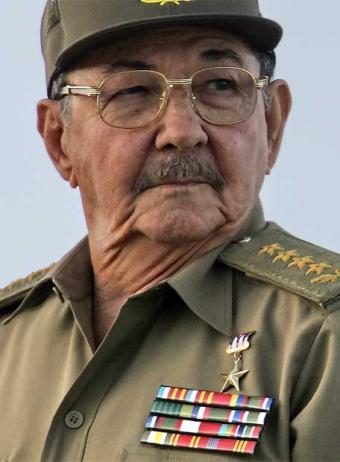In 1492, Christofer Columbus found and claimed the island now occupied by Cuba, for the Kingdom of Spain. Cuba remained territory of Spain until the Spanish–American War ended in 1898, and gained formal independence from the U.S. in 1902. Between 1953 and 1959 the Cuban Revolution occurred, removing the dictatorship of Fulgencio Batista, and installing an alternative dictatorship led by Fidel Castro. As we will mention nowadays the brother of Fidel Castro is the dictator of Cuba.
NOWADAYS SITUATION
As of 2002, some 1.2 million persons of Cuban background (about 10% of the current population of Cuba) reside in the U.S. Many of them left the island for the United States, often by sea in small boats and fragile rafts.
emigration continued, because Castro allowed anyone who desired to leave the country to do so through the port of Mariel. Over 125,000 Cubans emigrated to the U.S. before the flow of vessels ended on 15 June.
Castro's rule was severely tested in the aftermath of the Soviet collapse (known in Cuba as the Special Period), with effects such as food shortages. The government did not accept American donations of food, medicines, and cash until 1993.On 5 August 1994, state security dispersed protesters in a spontaneous protest in Havana.
Cuba has found a new source of aid and support in the People's Republic of China, and new allies in Hugo Chávez, President of Venezuela and Evo Morales, President of Bolivia, both major oil and gas exporters. In 2003, the government arrested and imprisoned a large number of civil activists, a period known as the "Black Spring"

